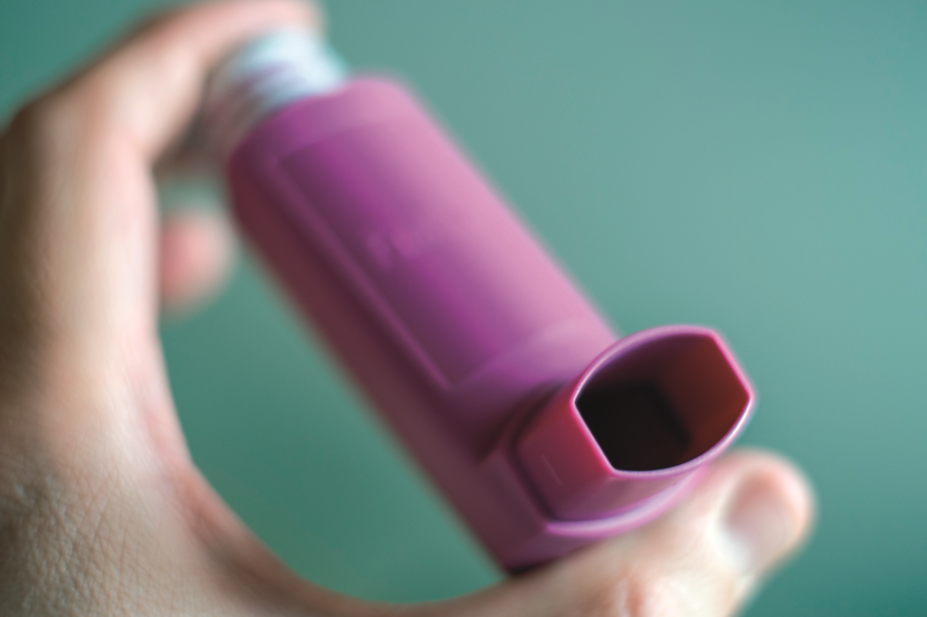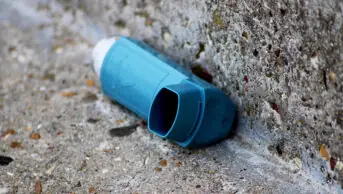
Shutterstock.com
A metered-dose inhaler, Luforbec (Lupin Healthcare), has been classified as carbon neutral after the manufacturers took steps to offset the emissions involved in its production, use and disposal.
Lupin Healthcare had its device — which combines the inhaled corticosteroid beclometasone and the long-acting β2 agonist formoterol — assessed by Carbon Footprint, an organisation that helps companies track emissions and compensate for those that cannot be avoided by offsetting.
Taking everything into account from the raw materials, manufacturing, use of the inhaler — which releases propellant into the atmosphere — and it being thrown away by the patient, it led to a carbon footprint of 11.42–12.15kg CO2 equivalent per inhaler, the manufacturer said.
Matt Duggan, senior product manager at Lupin Healthcare, told The Pharmaceutical Journal that the manufacturer then bought carbon credits — a system that recognises projects that improve sustainability — by investing in a renewable energy wind farm in China.
The assessment of the inhaler is valid for two years, unless the manufacturing process changes.
The company, which manufactures a range of respiratory products, said its aim was to extend the green approach to other medications.
Not all patients are able to move to dry powder inhalers and, for those who still need metered-dose devices, this is a greener option, said Duggan.
“We do recognise this is not the end game, the inhaler still has a significant carbon footprint but it does give people a choice,” he said.
“The end game is changes to the manufacturing process to make sure we become greener and greener year on year and moving towards more environmentally friendly propellants.
“We are having conversations with the manufacturers of greener propellants.”
He added that Lupin Healthcare was also starting to have discussions with NHS England about how carbon neutrality can be calculated.
In its report ‘Delivering a ‘Net Zero’ National Health Service’, detailing its commitment to become a carbon net zero health service by 2040, the NHS said medicines account for 25% of its emissions, with inhalers making up 3%.
It calculated that a 30% uptake of patients switching from metered-dose inhaler to the dry powder version would lead to a reduction of 374 ktCO2 equivalent per year.
In September 2021, a document published by NHS England and Improvement detailing plans for primary care networks (PCNs) for 2021/2022 and 2022/2023 set out a suite of incentivised targets for asthma patients, which included reducing avoidable carbon emissions by encouraging the choice of lower carbon inhaler alternatives, where clinically appropriate.
Researchers recently reported that switching from a metered-dose inhaler to a dry powder inhaler more than halved patients’ inhaler carbon footprint without loss of asthma control.
- This article was amended on 27 May 2022 with new information from Lupin Healthcare
Read more: How switching a handful of patients’ inhalers saved nearly 5,000kg CO2 emissions


